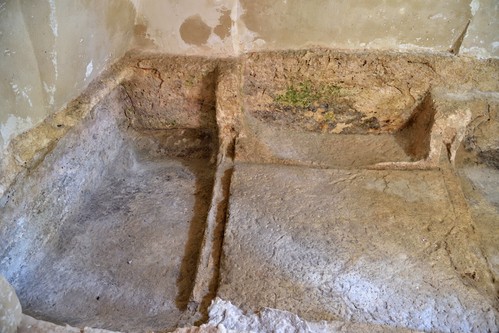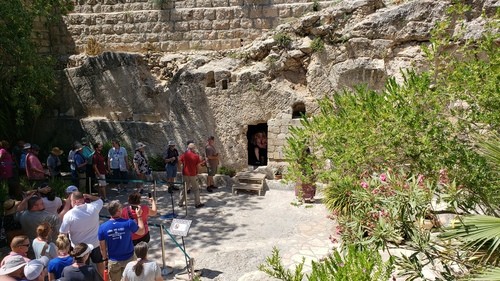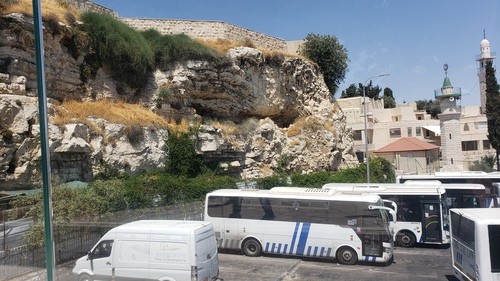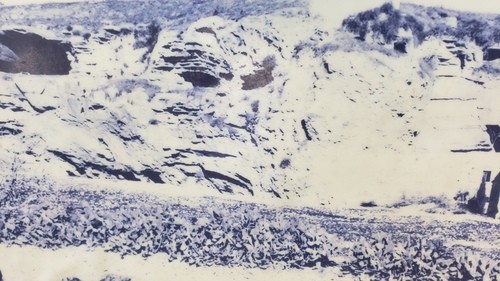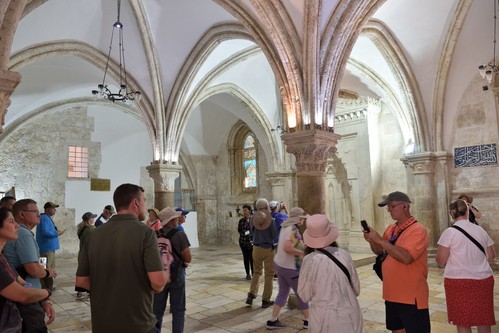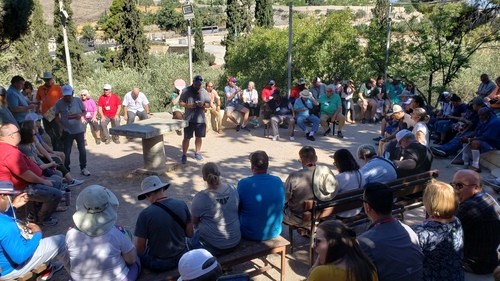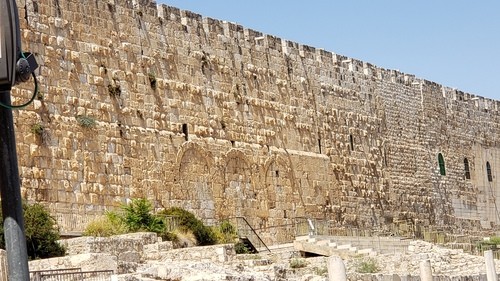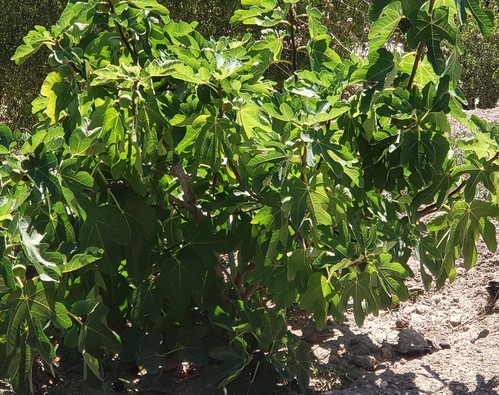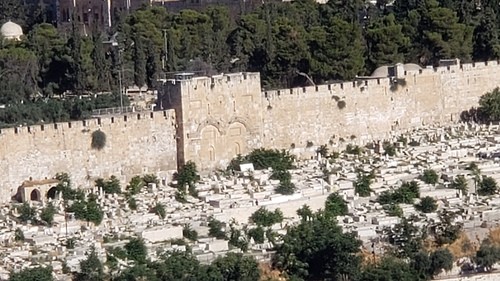Scripture: Matthew 28:1–10Reflection:The tomb is empty! Jesus has conquered sin and death. The resurrection is our victory and eternal hope.
Scripture: Matthew 28:1–10 (ESV)
"But the angel said to the women, ‘Do not be afraid, for I know that you seek Jesus who was crucified. He is not here, for he has risen, as he said. Come, see the place where he lay.’"(Matthew 28:5–6)
He Is Risen – The Empty Tomb and the Full PromiseEarly on the first day of the week, Mary Magdalene and the other Mary came to the tomb, hearts heavy with grief, unsure of what they would find. But instead of a sealed tomb and a lifeless body, they encountered an earth-shaking reality — the stone had been rolled away, and Jesus was gone.
The angel’s words rang out with both comfort and cosmic truth:
"He is not here, for He has risen, as He said."
Those seven words changed everything.
Jesus’ resurrection is not just a historical fact; it’s a personal invitation to new life. The empty tomb confirms that death is defeated, sin has been conquered, and every promise Jesus made is trustworthy.
The angel invited the women to see the place where He had lain. God isn’t afraid of our doubt — He invites us to see for ourselves. And once we do, like the women, we are called to go and tell. Their fear turned to joy, and their mourning into mission.
Jesus met them on the way. “Do not be afraid,” He said again, and this time it came not from an angel, but from the risen Lord Himself. He greeted them personally, intimately. He still does.
Reflection Questions:- What tombs of sorrow or disappointment are you standing in front of today?
- Can you hear the angel's invitation to “come and see” the power of the risen Christ?
- How is God calling you to “go and tell” this resurrection hope to others?
PrayerRisen Lord, thank You for the cross and the empty tomb. Thank You that Your resurrection means life, victory, and hope. Help me to live as one who has seen the empty grave and met the risen Savior. Fill me with courage and joy to tell others that You are alive. Amen.
